INDEPENDENT MINDS
LEGALIZE
T HE ONLY WAY TO C OMBAT D RUGS
LEGALIZE
T HE ONLY WAY TO C OMBAT D RUGS
Max Rendall

Legalize
STACEY INTERNATIONAL
128 Kensington Church Street
London W8 4BH
Tel: +44 (0)20 7221 7166; Fax: +44 (0)20 7792 9288
Email:
www.stacey-international.co.uk
ISBN: 9781906768652
eISBN: 9781906768973
CIP Data: A catalogue record for this book is available from the British Library
Max Rendall 2011
1357908642
Printed in the UK
All rights reserved. No part of this publication may be reproduced, stored in a retrieval system, or transmitted in any form or by any means, electronic, mechanical, photocopying, recording or otherwise, without the prior permission of the copyright owners.
C ONTENTS
Authors Preface
As a young doctor working in a casualty department in a central London hospital at the very end of the 1950s, I came across small numbers of addicts. They were not derelicts, and seemed much like their more sober fellow citizens. Throughout most of my professional life I was aware of the occasional patient who was an addict, but this was of more concern to anaesthetists than to surgeons. In retirement, looking for something to retain my contact with patients and medicine, I had the opportunity to work in a pioneering clinic treating addicts, initially as a surgeon inserting Naltrexone implants, which block the effect of opiates on the brain. I soon became further involved, both with the care and management of patients, and in the politics of drug policy.
I also had some first hand experience of the struggle against heroin in my own family. I watched impotently as this most seductive of sirens took over a young life, and how, with great character and courage, he was able to wrest control again from this terrible curse. It was a humbling experience.
Introduction
The drug problem has two heads criminality and addiction. Firm concerted compliance with the cause for which this book argues will cut off one head: the use (or abuse) of drugs by adults will no longer be a crime anywhere in the world; and drugs will be available, under state supervision, at a price which undercuts any incentive for black-marketeers.
The other head is the readiness of the few of every generation to be tempted into recourse for mood-changing drugs to the point of addiction. The loss of its criminalized fellow, the more recent head, will not increase that temptation. It could very well diminish it. That lure has been with us immemorially. When God identified a single tree in Eden whose fruit was prohibited to the First Man, He made it compellingly alluring.
Many know the truth of this. Yet nowhere is a policy of multilateral legalization of all drugs on the agenda of any international forum with the power to implement it or the authority to advocate it successfully. And nowhere yet has a national political leader of significant global authority stepped forward to champion such legalization.
Meanwhile we endure the appalling consequences stemming from such political funk. Drug-funded international terrorism has become an issue of urgent concern all over the world. Its associated corruption and violence threatens the cohesiveness and governability of nations, and even, in a few cases, the very existence of some small countries. Attempting to contain this fear and violence costs inordinate sums of money. The source of all this is the unimaginable profits to be made from the international trade in drugs, and trafficking to the user, whether addict or recreational.
For much of the twentieth century individual nations sought ways to deal with their domestic drug problems. Policies have varied, but their constant has been prohibition, egged on and encouraged, and if necessary bullied, by the United States. As we shall see, this policy has overseen explosive growth in drug taking throughout the world, and the ubiquitous availability of affordable drugs on our streets. It has failed irredeemably. The market for drugs is lucrative, extraordinarily so, and it is run by criminal enterprises which will fight tooth and nail to retain it. All efforts to dislodge them have failed, and will continue to fail wherever prohibition persists.
Policies have included attempts to destroy narcotic crops in producer countries, or paying them not to grow them, to intercept drugs in transit, to stop drugs entering the country of destination, to sharpen ever further the vigilance by police against drug dealers at all levels, to the making of mere possession of drugs a criminal act. The law has been deployed with virtually no deterrent effect, and has blighted the lives of many young people, victims of addiction or simply curious and foolish, to no advantage. There are momentary successes, but the vast bulk of drugs do make it across our borders to be sold by criminals to users on the streets of our cities, towns and villages.
One strategy that has not been tried is the one by which profits from drug dealing would be abolished at a stroke, the incentive to deal in drugs would vanish, and with drugs available on demand inexpensively at licensed dealers, acquisitive crime to pay for them would cease. The way to achieve this is to make all currently illegal drugs legal, on an agreed date, everywhere. From being immensely valuable illegal contraband, the constituent element in various drugs will have become another agricultural product, freely bought and sold on the markets of the world. Regulated markets would emerge, with appropriate limitations on access, and even an option on raising taxes as on alcohol.
Formal accessibility to drugs surely carries a risk of some contracting a drug habit who had previously been deterred by its associated criminality. Yet any such risk is surely outweighed by the certain elimination of international crime, violence, bribery and terrorism. Todays international situation renders the option urgent. To be choosing between two evils, one certain and one speculative, does not excuse inaction.
This book pleads for a break with the past. We need to draw a line under the mistakes of the last half-century and longer. Prohibition handed the second biggest international trade, worth about $500 billion a year, to the criminal fraternity on a plate. Let us but spend a fraction of the enormous savings of the cost of prohibition on treating addicts.

What we therefore wish to see is:
 Simultaneous legalization of all currently illegal drugs throughout the world.
Simultaneous legalization of all currently illegal drugs throughout the world.
 On the appointed day it would no longer be a concern of the police or the law for an individual to possess such drugs for his or her own use, or to use them.
On the appointed day it would no longer be a concern of the police or the law for an individual to possess such drugs for his or her own use, or to use them.
 This change should be organized by, and under the leadership of, the United Nations, which alone has the structure and authority to sponsor such radical action. It took the comprehensive role in fostering the 1961, 1971 and 1988 Conventions on illegal drugs, psychotropic drugs, and the trafficking of drugs internationally.
This change should be organized by, and under the leadership of, the United Nations, which alone has the structure and authority to sponsor such radical action. It took the comprehensive role in fostering the 1961, 1971 and 1988 Conventions on illegal drugs, psychotropic drugs, and the trafficking of drugs internationally.
 National governments should be charged with the responsibility of putting in place a controlled and licensed market for drugs, at fixed moderate prices, setting enforceable age limits on access to the different drugs, labelling with the potential consequences of their use.
National governments should be charged with the responsibility of putting in place a controlled and licensed market for drugs, at fixed moderate prices, setting enforceable age limits on access to the different drugs, labelling with the potential consequences of their use.
Next page
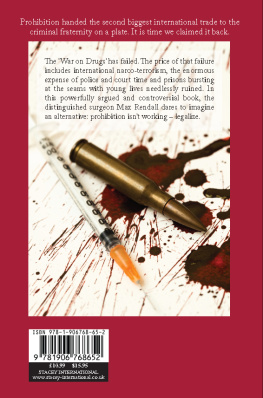


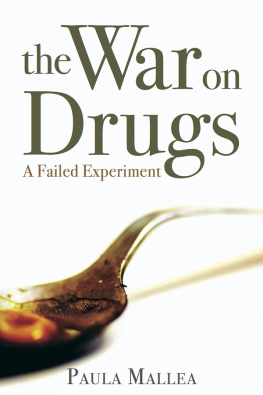
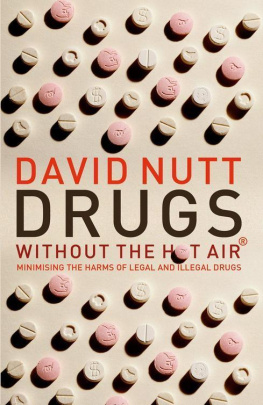
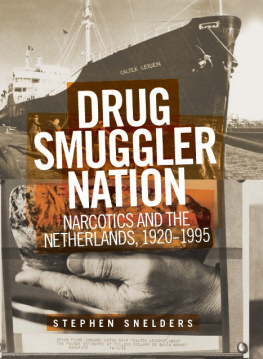
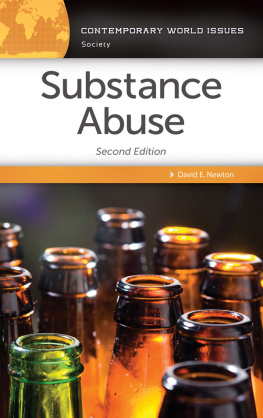
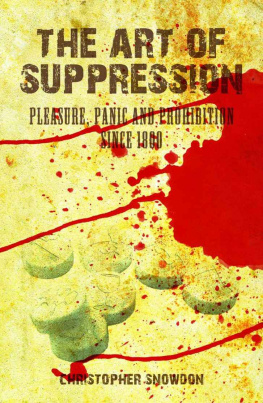
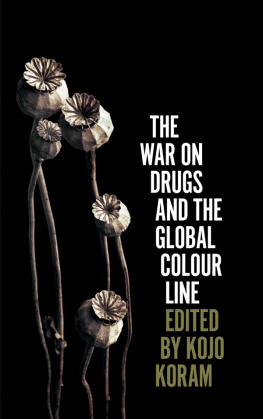
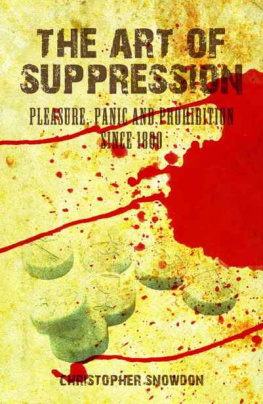
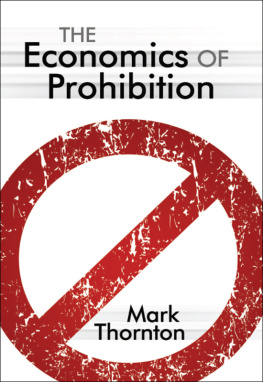
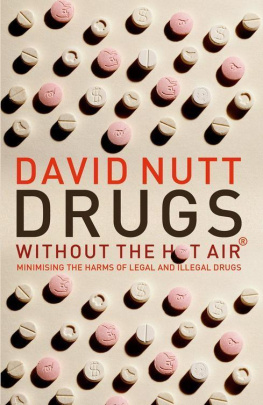


 Simultaneous legalization of all currently illegal drugs throughout the world.
Simultaneous legalization of all currently illegal drugs throughout the world.